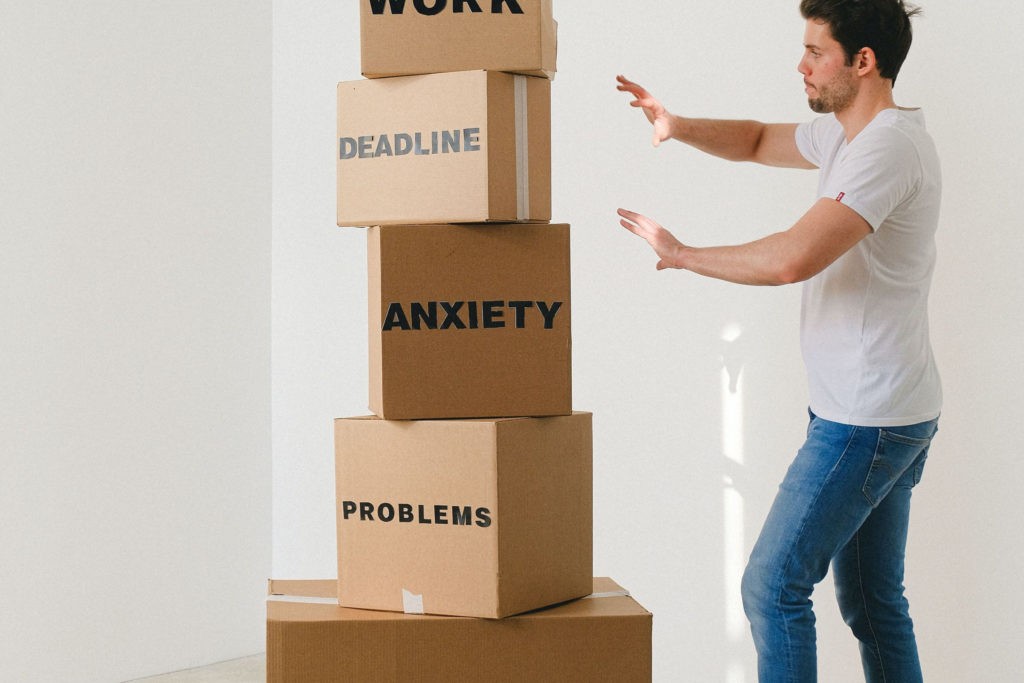(This is a recap of an interactive teen workshop by Arianne Brigner, LPC-MHSP, who provides comprehensive Dialectical Behavior Therapy to teens and adults in the Chattanooga area. A therapist for 17 years, she loves to help clients learn to tolerate uncomfortable emotions that can lead to self-harm, drinking, drugs, suicide, and other impulsive behaviors.)
Learning to deal with suicidal thoughts is a lot like learning how to surf. Events that threaten to destroy you can seem like massive waves in the ocean, and to keep from being overwhelmed by their force, you must learn how to ride them. Most people have learned how to deal with small and medium-sized metaphorical waves, but sometimes emotions become too intense and you need more potent coping strategies.
Perhaps you’ve found success while using the strategy represented by the STOP acronym:
Stop what you are thinking and doing.
Take a step back from the uncomfortable situation, and try to see it without the emotional tinge of being involved.
Observe the situation from an apathetic mental perch, and formulate a logical way to move on to the final step.
Proceed mindfully.
While the STOP strategy is great for building a better mental response to problems, sometimes emotions are too strong for it to be effective. Emotions have large physical components as well as mental ones, causing irregularities in blood pressure and heart rate. That’s why physical methods can help to ease emotions, as demonstrated by the TIPP method. Each letter in this acronym represents something tangible you can do to change your body’s response to overwhelming emotion.
Temperature change—achieved by putting your face in ice water to activate the survival response—rapidly brings your heart rate and blood pressure back to normal.
Intense exercise is another way to put the body in survival mode and stave off extreme emotions.
Paced breathing involves slowly inhaling for 5 seconds, holding your breath for 3 seconds, and then exhaling for 7 seconds, which helps to calm the body.
Progressive muscle relaxation is a technique in which you tense and then quickly release isolated muscle groups in order to instill calm. Start by relaxing your entire body, then tense only the targeted muscles (for example, make a tight fist with your left hand as you breathe in for 5 seconds) and next let those muscles become loose and limp as you breathe out for 5 seconds. Repeat with your right hand, face, neck, and other target muscle areas.
The third and most advanced strategy for dealing with overwhelming situations gives you ways to distract yourself from the emotions that can lead to harmful behavior. Remember it using the acronym ACCEPTS:
Activities (either physical or social) are among the best ways to focus your attention away from negative emotions toward feelings that are positive.
Contribute to society and help someone else, because finding your purpose is one of the most effective ways to deal with suicidal emotions.
Compare the current crisis to a worse crisis that you got through, which instills confidence that you can handle the discomfort of your current situation and move forward toward a brighter day.
Engage a positive emotion that provides direct contrast to the negative emotion you are experiencing, such as by listening to happy music when you are sad.
Put off a crises until a little later, if necessary, by thinking about other things until you reach a time and place where you can deal with the situation using these tools.
Think intense thoughts, such as counting backward from 100 by sevens, to distract your mind from heated emotions while they cool down.
Seek out experiences that engage and reward the senses of taste, smell, sight, hearing, and touch. Examples include eating a bowl of popcorn, sniffing a stick of cinnamon or a fragrant flower, rereading a note of encouragement, listening to a favorite song, petting a dog, taking a shower, or going outside on a cool night.
If you face a loss or failure or any other experience that feels overwhelming, these tools can help you learn to tolerate uncomfortable emotions, interact with others in a meaningful manner, and bring yourself into the present moment without obsessing over the past or worrying about the future. If you ever need additional help and find yourself struggling with addictions or suicidal thoughts or other impulsive behaviors, don’t despair; instead, seek help from someone you trust.



